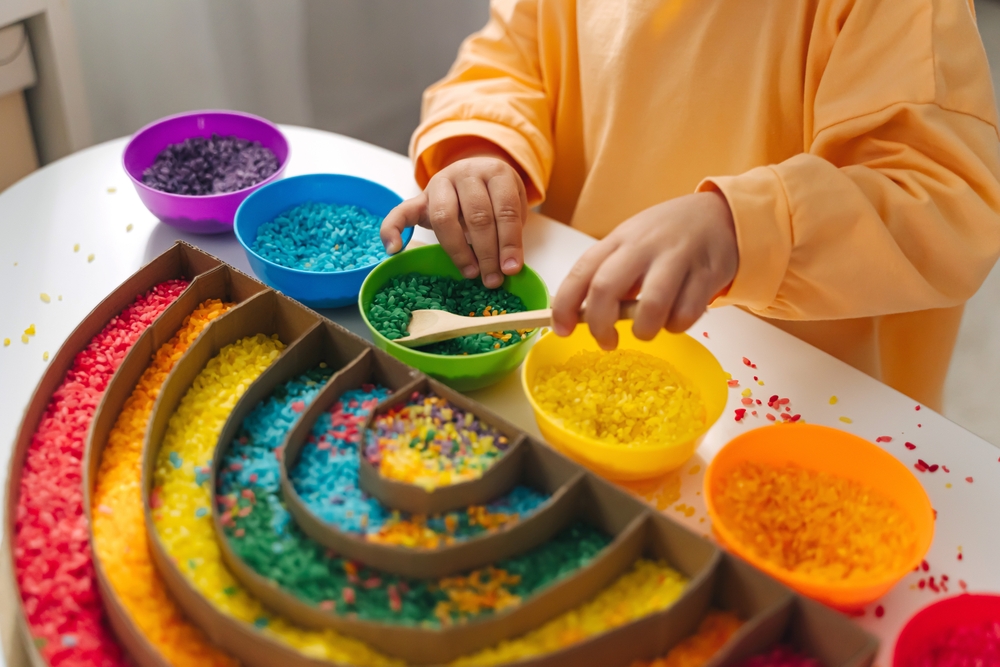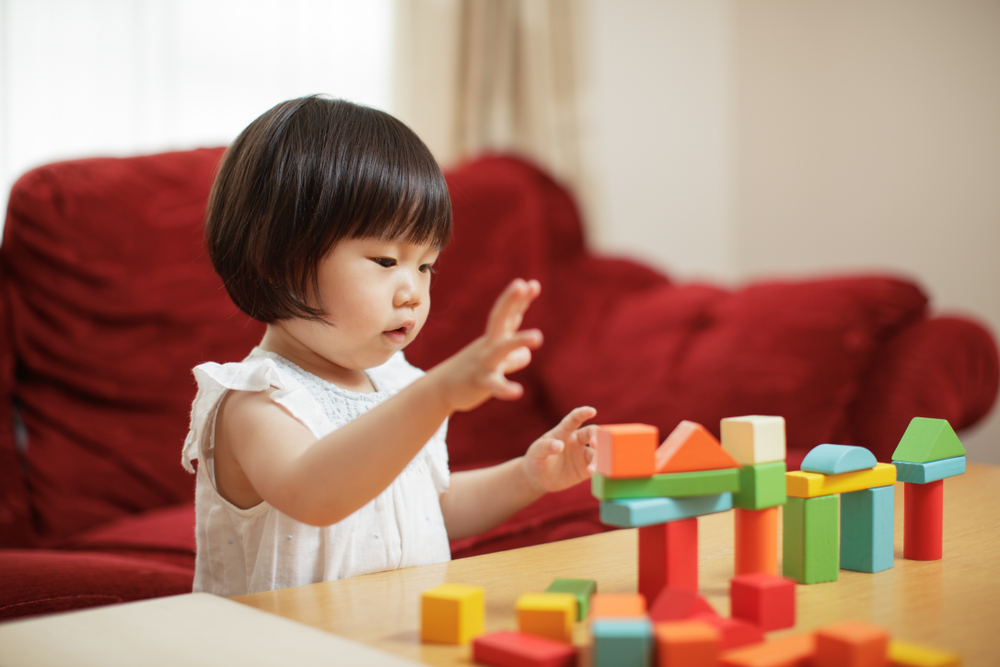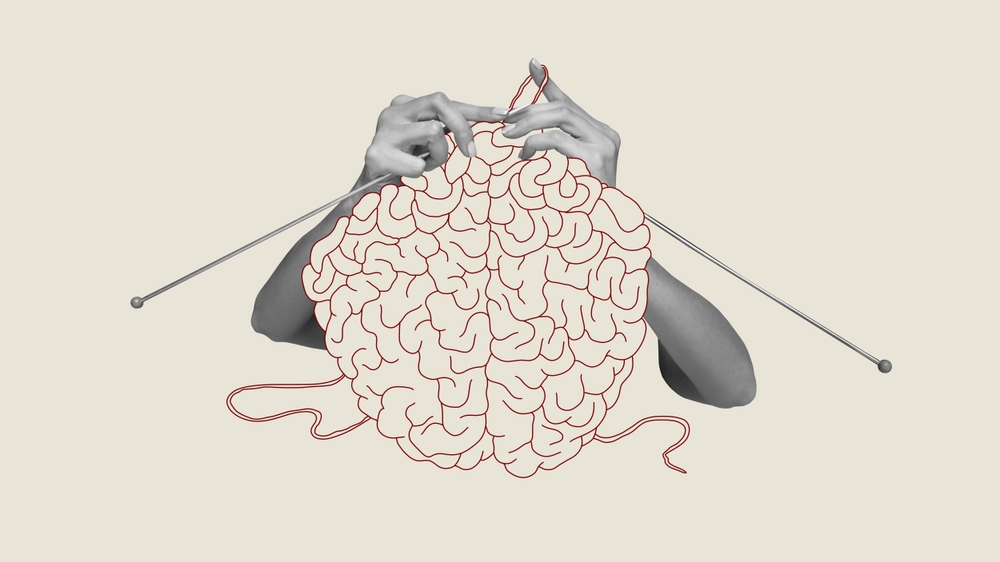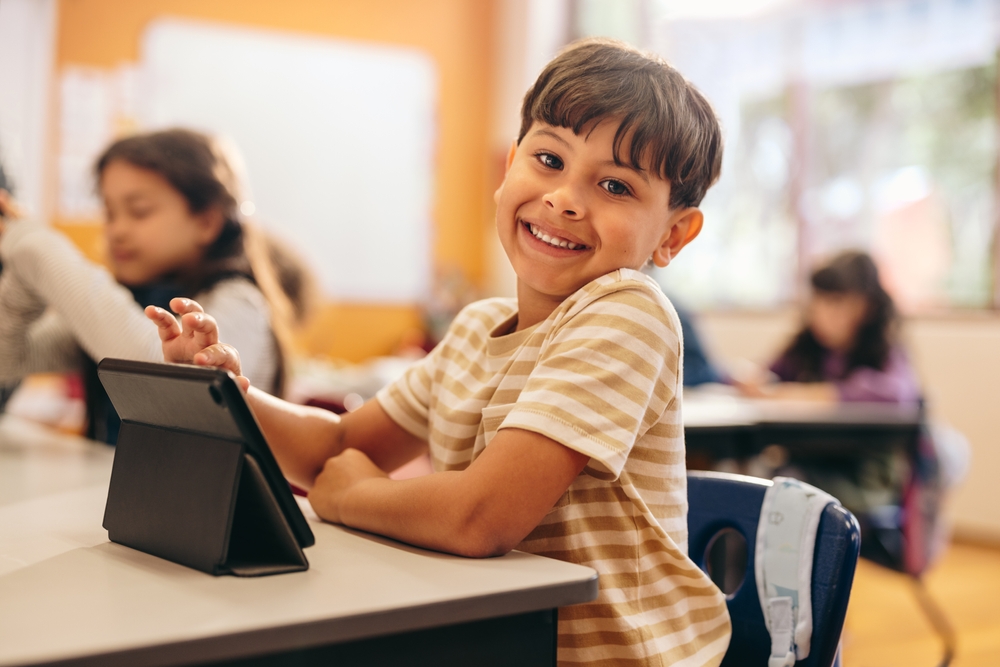Play-based learning is an approach that integrates play into the educational process, fostering holistic skill development in students across all grade levels. It is a type of early childhood education based on child-led and open-ended play.
It is an educational approach that uses play as the primary mode for teaching and development. This is based on the idea that play is a key way that young learners understand their world. By engaging in play, they can try new things, figure out problems, and be introduced to new ideas.
Here are the key features of this approach:
- Learner-Led Exploration: Students are given the freedom to pursue their interests, leading to more engaged learning and better retention. They choose activities that spark their curiosity, driving their own learning process.
- Flexible Structure: This method is adaptable, moving away from the rigid schedules of traditional classrooms. It shapes the educational experience to fit the pace and learning style of each student, creating a personalised approach.
- Focus on Process: Emphasis is placed on the learning process rather than the final outcome. Success is measured by the strategies and skills learners develop along the way, celebrating each step of their discovery.
- Encouraging Creativity: Play encourages learners to experiment and innovate. Without the fear of making mistakes, they develop critical thinking and problem-solving skills through creative play.
- Social Skills Development: Through interactive play, students learn vital social skills such as co-operation.

Cognitive Development
Play promotes cognitive skills like problem-solving, critical thinking and creativity. Through play, students actively engage with concepts, experiment with ideas and develop a deeper understanding. Play-based activities encourage exploration, inquiry and the application of knowledge in meaningful contexts.
Social-Emotional Learning
Play facilitates social-emotional development by providing opportunities for collaboration, communication, and emotional regulation. Students learn to negotiate, resolve conflicts, take turns and develop empathy through social interactions during play. This supports the development of essential life skills.
Engagement and Motivation
Play-based learning is inherently engaging and motivating for students. When learning is presented as a joyful, meaningful, and socially interactive experience, students are more likely to be intrinsically motivated, leading to increased participation and retention of knowledge.
Differentiated Learning
Students can explore concepts at their own pace, using their preferred modalities (e.g., kinesthetic, visual, auditory). This inclusive approach supports learners with varying abilities and backgrounds.
Whole-Child Development
Play-based learning promotes the development of cognitive, social, emotional, creative and physical skills, aligning with the principles of whole-child education. It addresses multiple domains of learning, preparing students for success in various aspects of life.
To effectively implement play-based learning in K-12 education, educators should design purposeful play experiences aligned with learning objectives, facilitate student-led exploration, and integrate a balance of child-directed, teacher-guided, and teacher-led activities. Additionally, providing appropriate resources, time and space for play is crucial for successful implementation.
By embracing play-based learning, educators can create engaging, inclusive and developmentally appropriate learning environments that nurture the whole child and equip students with the skills necessary for academic success and personal growth.
Play-based Resources and Educational Tools that Might Be Of Interest:
Incorporating these products into educational settings aligns well with the play-based learning approach, promoting cognitive, social, and emotional development in children. While Hape and Beleduc provide interactive, hands-on toys that enrich learning through play, Pilot’s quality stationery supports students in creative expression and academic work, making essential tools accessible for every learner’s journey.
Get a special discount by quoting code AMALL2024 during CHECKOUT or inquiry.
With over six decades of expertise, Beleduc is dedicated to designing educational toys that support early childhood development. Known for their commitment to safety and environmental sustainability, Beleduc’s toys are ideal for preschool and kindergarten-aged children, encouraging foundational skills through play and exploration.
Hape Toys
Hape stands as a global leader in wooden toy production, offering high-quality, eco-friendly toys that foster creativity, imagination, and hands-on learning. With a diverse selection, from timeless wooden blocks to STEM-inspired innovations, Hape’s offerings cater to children across various age groups, making learning both sustainable and enjoyable.
Pilot Corporation
A renowned name in stationery, Pilot Corporation has been providing Hong Kong students and users with superior-quality writing tools for over 40 years. Known for their smooth, durable writing instruments, Pilot’s products support students of all ages in creative expression and academic pursuits, bridging play-based learning with effective, practical tools.
By integrating a variety of play-based resources and quality educational tools, educators and parents can create enriched environments that support children’s growth across multiple areas. Embracing the benefits of play and creativity in education allows children to embark on a holistic learning journey, building the foundational skills they need for both academic success and personal development.








